Monsoon Health
Who doesn’t like rains, going out on a trek enjoying the greenery around or simply have a cup of Adrak-Chai and Kanda-bhaji? Monsoon is undoubtedly the best season of the year. But unfortunately this best season is also the season of many illnesses. As one can note, most of the hospitals have highest occupancy in monsoon season (and run nearly dry in winter!). Let’s today learn what we can do to enjoy the season without actually getting affected by ill-effects of monsoon.
What are the problems faced during monsoons?
Most important infectious illnesses related to monsoon are food-borne, water-borne or mosquito-borne
1.The food-borne illnesses include bacterial or viral diarrhoea, cholera, typhoid, etc. They are transmitted through contaminated food items. The poor hygiene followed at the time of preparation, storage or transport of food items lead to direct contamination through infected hands or indirect contamination through flies.
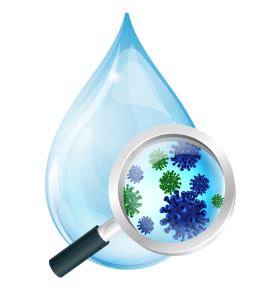
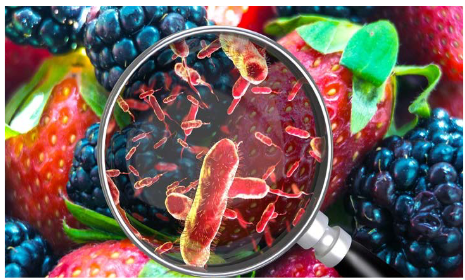
2. The water-borne illnesses occur due to contamination of water. Contamination of drinking water leads to diarrhoea, dysentery or gastro-enteritis. Even if the drinking water is uncontaminated, flooding of houses in low-lying areas, or roads may lead to prolonged contact with skin. This leads to transmission of diseases like leptospira and infestation with some worms. Also, prolonged exposure to water may lead to fungal infections, like athlete foot.
3. Mosquitoes are the commonest insects with very high nuisance value. Various diseases like malaria, dengue, and chikungunya are transmitted by mosquitoes. The mosquitoes require water to breed. In monsoon, water is easily accumulated near the houses in discarded tins, tyres, plastic containers, pots, or unused water tanks.
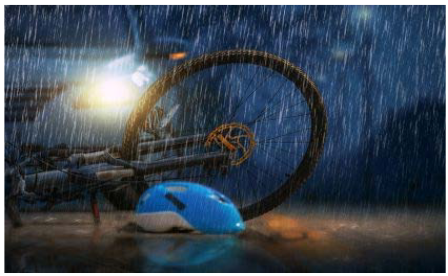
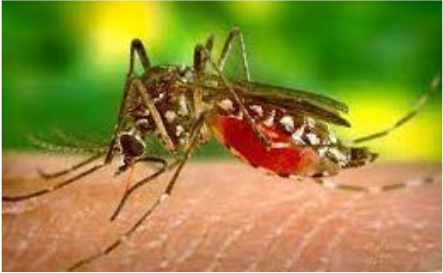
4. Apart from infections, monsoon poses the risk of accidents due to slippery surfaces, poor visibility, etc. Thunders often lead to accidents due to falling objects. Lightening have often led to fatal mishaps. Monsoon also increases the risk of insect bites, snake bites and scorpion stings. Lastly, fungal growth in poorly ventilated, humid room walls may cause exacerbation of asthma in few individuals.
How can one prevent these “side effects” of our favourite monsoon?
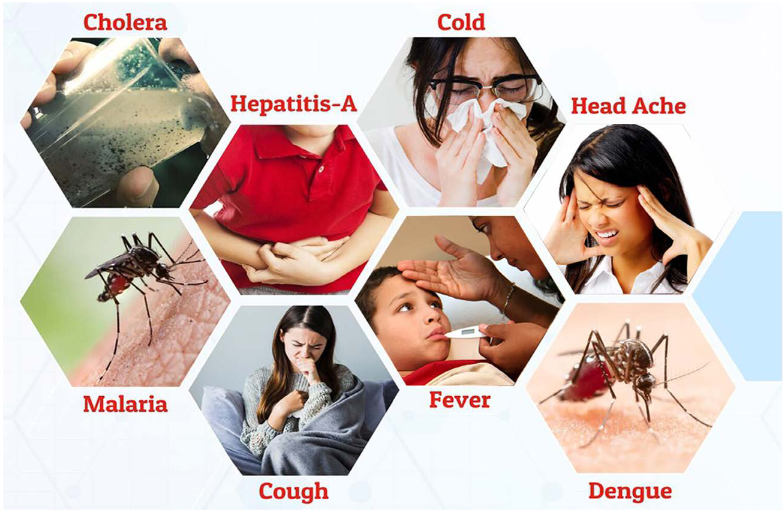
Most of the food-borne and water-borne infections can be prevented by following basic rules of hygiene. Hand washing prior to having food and after using toilet is the most important step. One must avoid eating at a place where hygiene cannot be guaranteed. Preferably eat home-made food. If one cannot avoid eating outside food, choose a hygienic restaurant and prefer hot items which are freshly prepared.
Drinking water must be RO or mineral bottled water or if RO is not available, then it should be boiled and cooled water. Avoid drinking water at a public place where the source of water is likely to be contaminated. It is preferable to carry a bottle of RO water during travelling. If the source of drinking water at your house is public well or a public tap, then the area surrounding must be clean and free of human-waste. If you happen to live in a low-lying area which is likely to get flooded with water, avoid prolonged contact with contaminated water.
Mosquitoes breed in water. So, if the breeding places can be controlled, the population of mosquitoes is drastically reduced. For this we need to periodically check for stagnant water near the house or society premises. Special attention needs to be given to discarded containers, junks, flower pot plate, and discarded tyres. The rain gutters should be clean and free-flowing. Cover the sewers as far as possible and make sure that waste water is not stagnant. When water tanks need to be open, periodic checks should be performed to identify mosquito breeding. If the tank shows such signs, it should be drained, be allowed to dry over 3-4 days and then cleaned and reused. Water in fish ponds and swimming pools should be changed frequently. Use mosquito screens for windows and if possible, use mosquito nets for the beds. Avoid keeping door or windows open during evening hours- the time of mosquitoes entering in the house. In order to avoiding bites, use appropriate repellents especially when outdoors. Children playing in the open area should use repellent creams or drops.
Accidents like falls, slippage of vehicles need to be avoided with use of appropriate foot wares and avoiding walking on wet and slippery surfaces. Insect and snake bites and scorpion stings can be avoided by wearing shoes, protective clothes, and gloves while working in the wet field.
Accidents also happen due to thunderstorm and lightening. During the storm, one should avoid going out unless absolutely necessary. Those living in flats should take care that the loose objects in the balcony like pots, hanging pots, swings, etc. are moved to a safe place. While it is raining, one should not take shelter of a tree, especially a lone tree. Lightening is more likely to fall at such a place.
People at risk of asthma exacerbation due to wall moulds should take care that the walls are not wet due to leakage. Often good ventilation itself is sufficient to mitigate the problem of moulds. If the mould grows, it may be cleared with use of bleach solution followed by repainting the walls.



